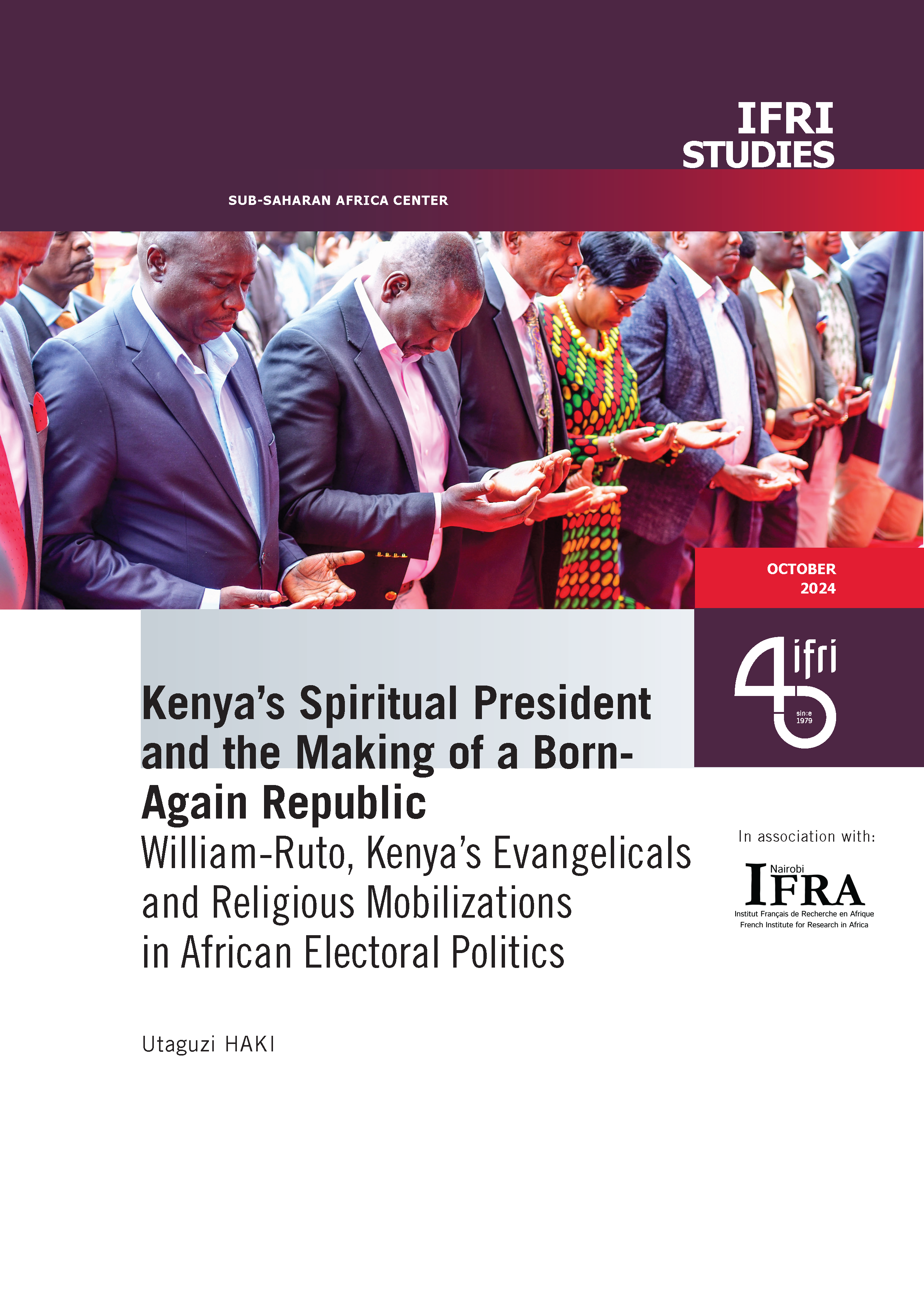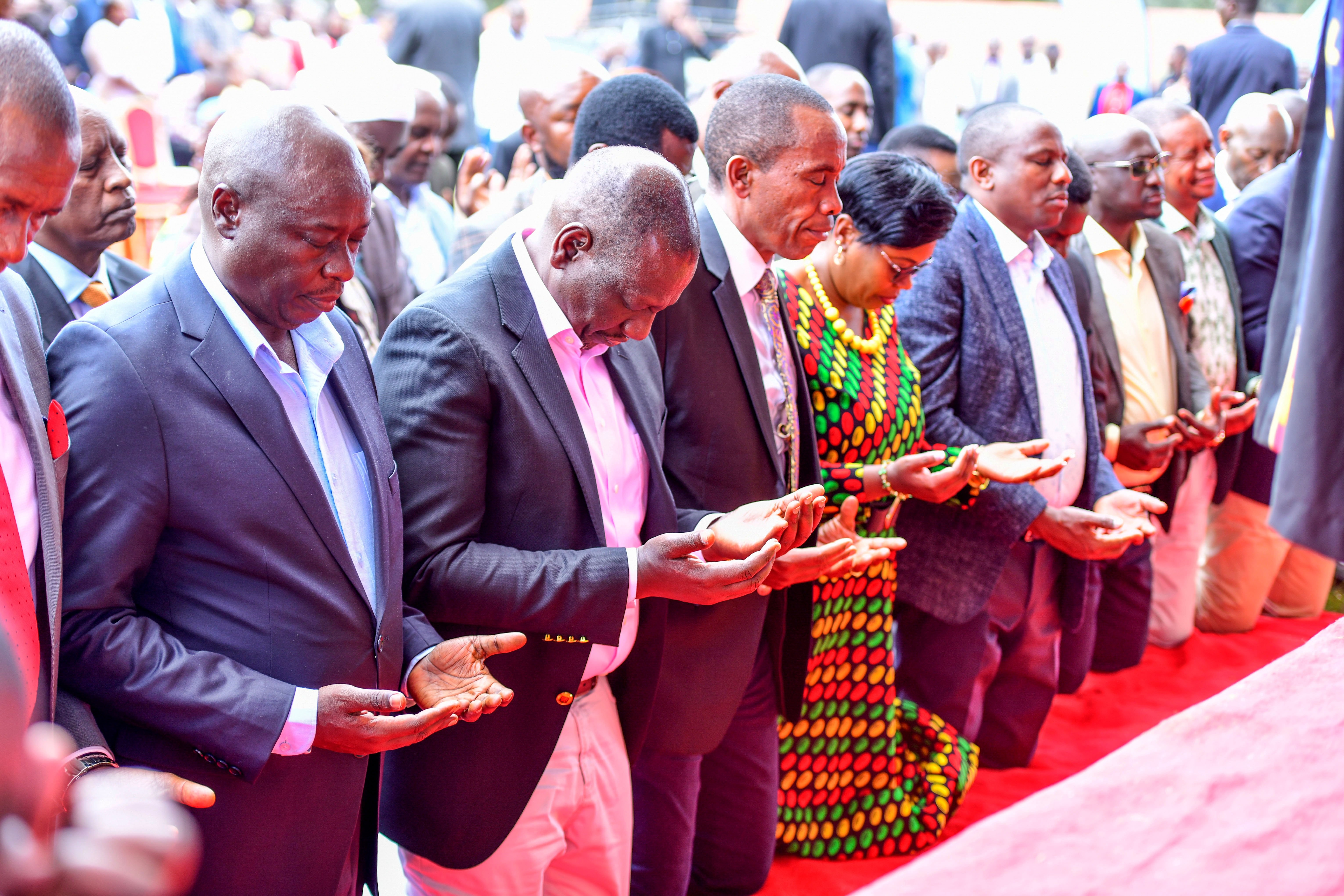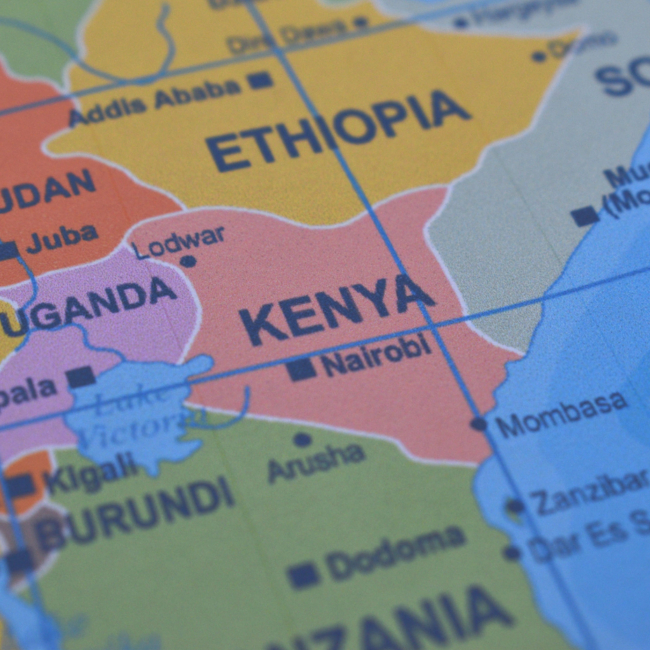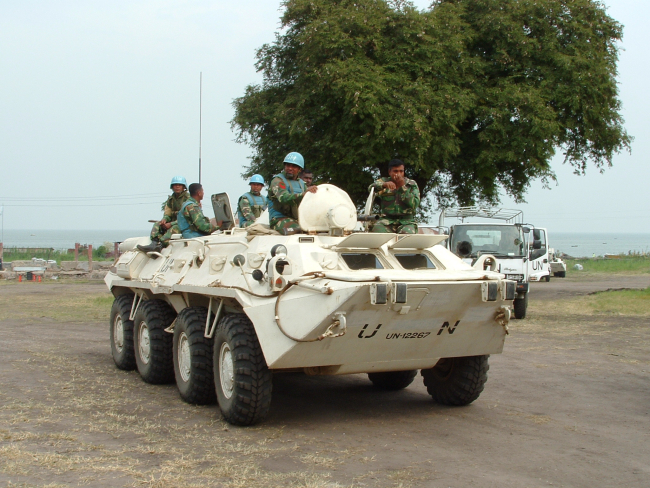Kenya’s Spiritual President and The Making of a Born-Again Republic: William-Ruto, Kenya’s Evangelicals and Religious Mobilizations in African Electoral Politics

Over the last two decade, the growing influence of Evangelicals and their leaders in electoral politics is one of the most significant developments in the East African region and the Horn of Africa. Their numerical and demographic growth seems to go together with their growing influence in these countries’ political scenes, especially in the spheres of electoral politics, society, and governance.

This paper examines the impact of Evangelicals in the region’s politics and the implications for democracy and public policy making, with a focus on East Africa. The Kenyan case study highlights new developments in the East African region. Using the Kenyan 2022 general election and an in-depth analysis of the relationship between President William Ruto and Evangelicals, the first section of the paper investigates the multifaceted dynamics between Evangelicals and Kenyan elites and tackles their recent engagements in electoral politics. It engages with emerging trends that shape not just Evangelical leaders’ relationships with African politicians but also theological fluctuations and religious factors that shape their political behavior, religious mobilization, strategies of engagements, and their influence on electoral processes and outcomes.
The role of the First Lady in religious diplomacy is detailed in section two, and the emerging shifts and tensions from historical, theological, and transnational perspectives are discussed in section three. The demonstration elucidates the complexities inherent in Evangelical political participation before, during and after election campaigns, including the tensions between religious values, civic responsibilities, and political ideologies.
By unpacking these dynamics, this paper contributes to a deeper understanding of the intersections between religion and politics in the African continent and offers insights into the evolving landscape of electoral dynamics in the East African region in particular.
Note produced by the French Institute for Research in Africa (IFRA-Nairobi) for the Directorate General of International Relations and Strategy (DGRIS) of the French Ministry of the Armed Forces as part of the East and Central Africa Observatory in partnership with IFRI.

Available in:
Themes and regions
ISBN / ISSN
Share
Download the full analysis
This page contains only a summary of our work. If you would like to have access to all the information from our research on the subject, you can download the full version in PDF format.
Kenya’s Spiritual President and The Making of a Born-Again Republic: William-Ruto, Kenya’s Evangelicals and Religious Mobilizations in African Electoral Politics
Related centers and programs
Discover our other research centers and programsFind out more
Discover all our analysesAnglo-Kenyan Relations (1920-2024) : Conflict, Alliance and a Redemptive Arc
This article provides an evidentiary basis for postcolonial policy in its analysis of Anglo-Kenyan relations in a decolonization era.
When City Diplomacy Meets Geopolitics: A Framework to Help Cities Navigate Geopolitical Risk
Crises and the increasing polarization of international relations make political risk analysis an indispensable resource for internationally active public and private entities.
The United Nations Mission in Congo or the exemplary uselessness of the United Nations peacekeepers
During the M23 conflict in 2012-2013 in the Democratic Republic of Congo (DRC), the United Nations (UN) took the diplomatic initiative (by initiating the Addis Ababa agreement) and the military initiative (by launching a coordinated counter-offensive with the Congolese army). Since the resurgence of this conflict in 2022, the United Nations, which still has more than 10,000 peacekeepers deployed in eastern DRC, no longer plays any role.
Rebooting Italy's Africa Policy: Making the Mattei Plan Work
Against the backdrop of increasing anti-French rhetoric across parts of Francophone Africa, the relative failure of the counterinsurgency operation in the central Sahel (Operation Barkhane) and diplomatic rifts with several Sahelian countries, Paris has been rethinking its relationship with the continent for several years now. As a former imperial power that has seen its colonial domain in Africa gain independence between 1956 (Morocco-Tunisia) and 1977 (Djibouti), France has invented two successive roles for itself in Africa since 1960, particularly in French-speaking sub-Saharan Africa.











